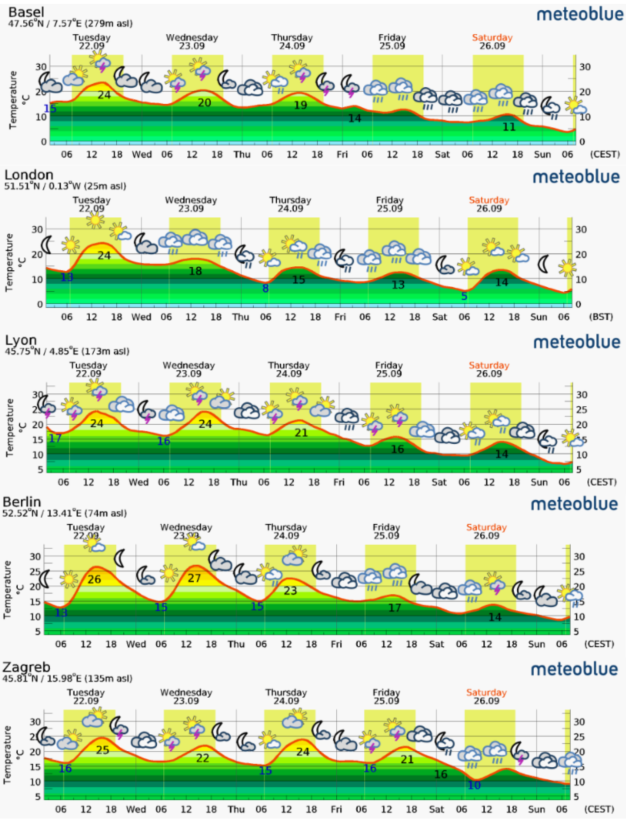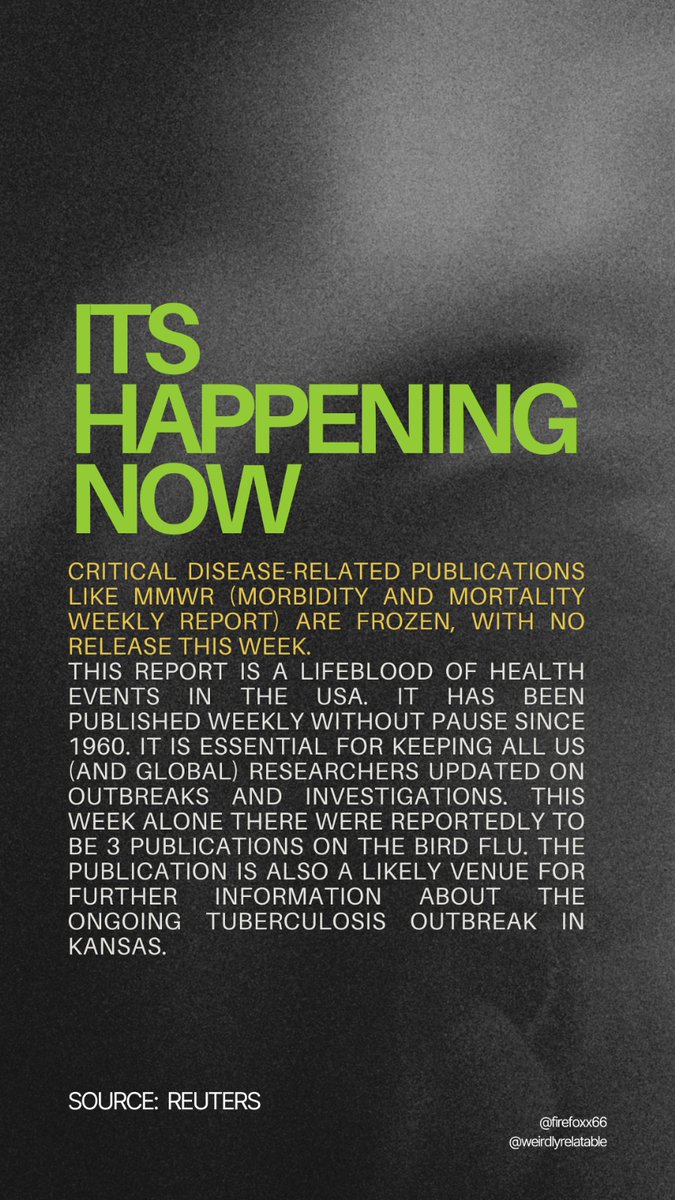1/ This week much of Europe is about to experience a drop in temperature. In many places this will persist, & likely heralds the arrival of autumn.🍂
As people come indoors, shut windows, & reach for heaters, transmission of #SARSCoV2 #COVID19 becomes easier. We should prepare.
As people come indoors, shut windows, & reach for heaters, transmission of #SARSCoV2 #COVID19 becomes easier. We should prepare.
2/ In Europe, we've largely enjoyed a mild spring and a warm & length summer - making it easier to meet & socialize outside & keep spaces ventilated. This has likely had an impact on #SARSCoV2 transmission. These good behaviours will get harder as temperatures dip 🌡️🥶 

3/ The recent increase in cases in Europe has turned attention back to limiting #SARSCoV2 transmission after our 'summer lull' - my hope is that this comes in time to help counter some of the effect of colder weather.
https://twitter.com/richardneher/status/1293857065425866754
4/ But these rises are only the beginning of what must become a watchful & reactive autumn - to keep #SARSCoV2 transmissions low despite the changes in behaviour colder temperatures bring.
We should focus on scaling up test & trace and make plans now, to be best prepared!
We should focus on scaling up test & trace and make plans now, to be best prepared!
• • •
Missing some Tweet in this thread? You can try to
force a refresh











